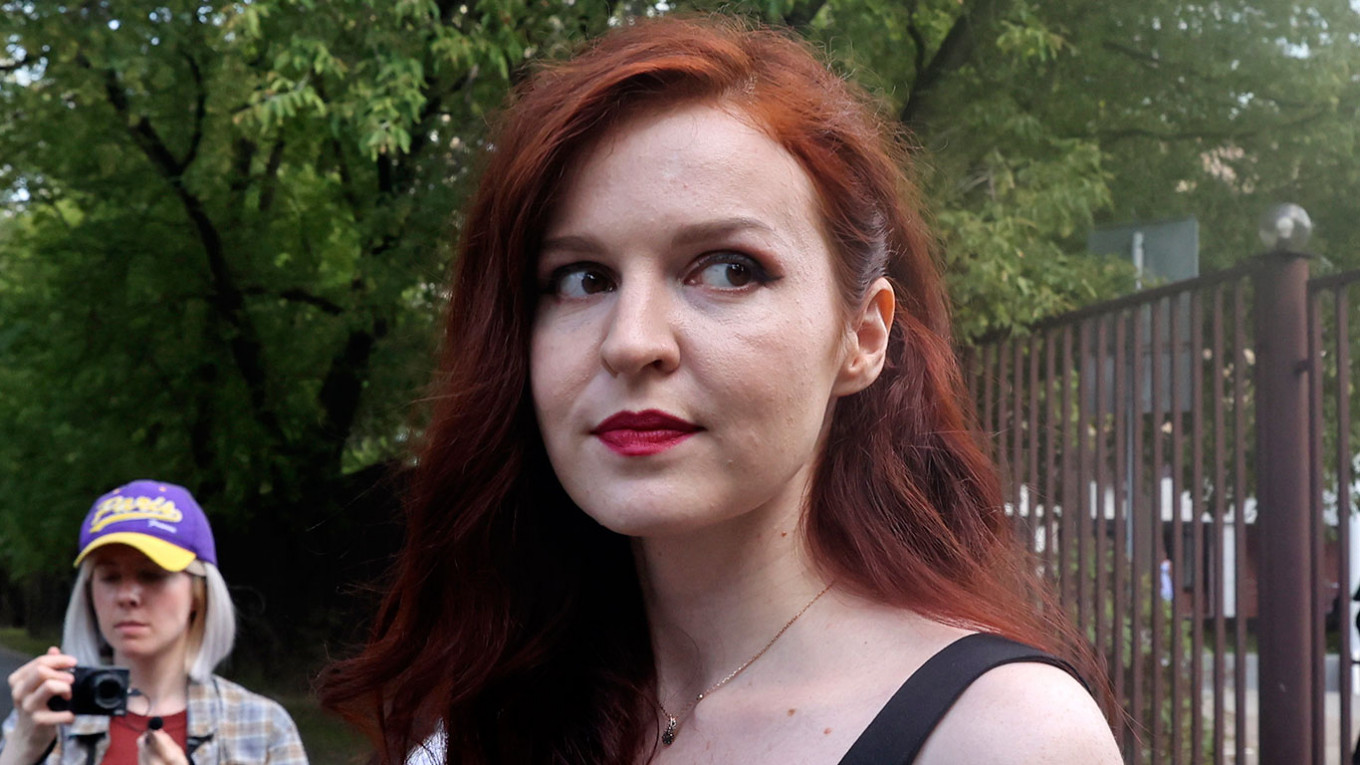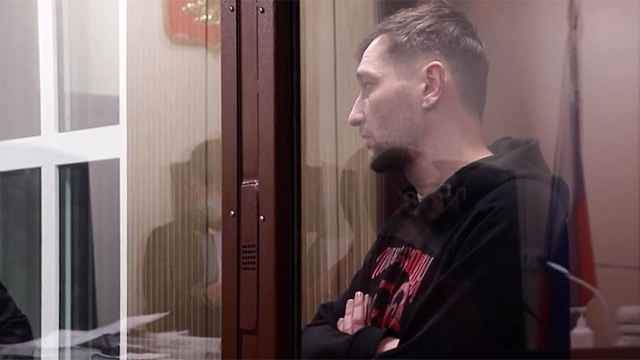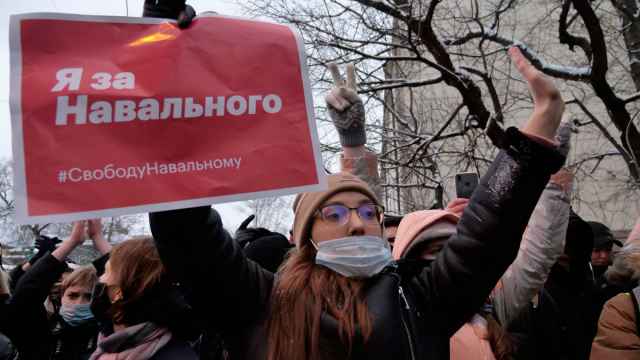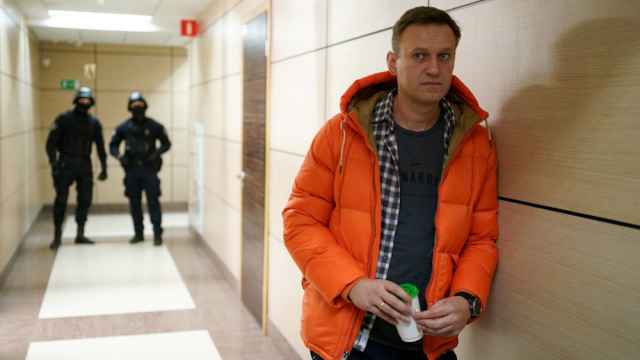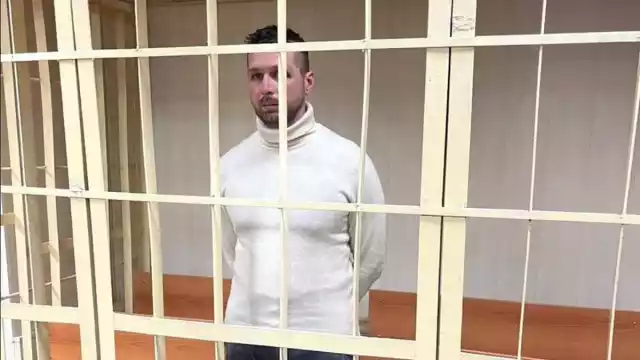Jailed Kremlin critic Alexei Navalny's spokeswoman, one of his last close associates remaining in the country, has fled Russia, Interfax reported Monday.
Kira Yarmysh’s reported departure comes amid a growing exodus of opposition-leaning journalists and dissidents that The New York Times calls "the biggest wave of political emigration" in Russia's post-Soviet history. Kremlin critics point to what they call a widening crackdown on dissent and independent voices ahead of key elections.
Interfax cited two unnamed sources as saying Yarmysh fled Russia, with one source specifying that she went to Helsinki, Finland.
Neither Yarmysh nor other members of Navalny's team have confirmed or denied the reports.
Yarmysh was sentenced this month to 18 months of “restricted freedom,” a parole-like penalty, for breaking anti-coronavirus restrictions earlier this year in calling for protests opposing Navalny’s arrest. Her sentence has yet to enter into effect.
She had previously been under house arrest since the pro-Navalny street demonstrations in January and February.
Navalny's close aide Lyubov Sobol also left Russia earlier this summer after receiving a similar “restricted freedom” sentence in the same case.
Navalny and his movement — the country's most vociferous grassroots anti-Kremlin force — are facing an increasingly bleak outlook within Russia.
In June, a Moscow court designated Navalny’s organizations as “extremist,” formally banning them and their activities, with supporters threatened with criminal prosecution. Even before that, much of Navalny's political and activist infrastructure had already moved abroad to avoid prosecution and raids.
Exiled Navalny allies Ruslan Shavvedinov and Leonid Volkov have been heading the group’s political and media operations from Vilnius, Lithuania.
Navalny himself is serving a 2.5-year prison sentence for parole violations in an old fraud case he says is trumped up. He was found guilty of breaking parole while recovering abroad from a near-fatal poisoning he says was orchestrated by President Vladimir Putin, a charge the Kremlin denies.
A Message from The Moscow Times:
Dear readers,
We are facing unprecedented challenges. Russia's Prosecutor General's Office has designated The Moscow Times as an "undesirable" organization, criminalizing our work and putting our staff at risk of prosecution. This follows our earlier unjust labeling as a "foreign agent."
These actions are direct attempts to silence independent journalism in Russia. The authorities claim our work "discredits the decisions of the Russian leadership." We see things differently: we strive to provide accurate, unbiased reporting on Russia.
We, the journalists of The Moscow Times, refuse to be silenced. But to continue our work, we need your help.
Your support, no matter how small, makes a world of difference. If you can, please support us monthly starting from just $2. It's quick to set up, and every contribution makes a significant impact.
By supporting The Moscow Times, you're defending open, independent journalism in the face of repression. Thank you for standing with us.
Remind me later.


